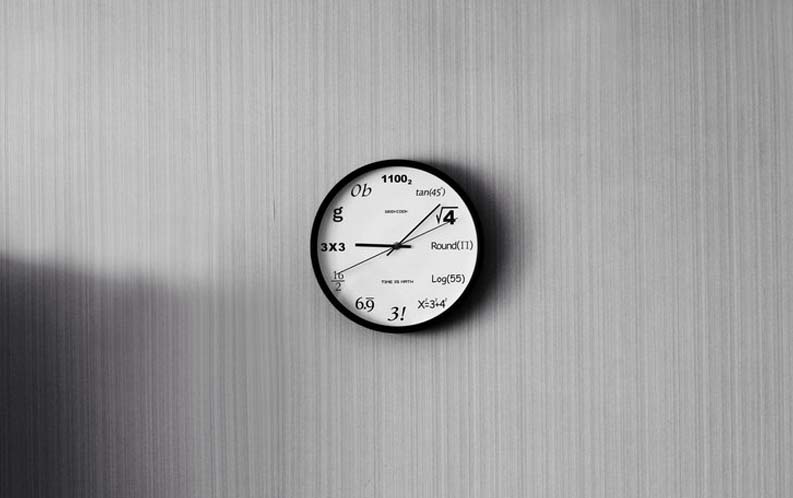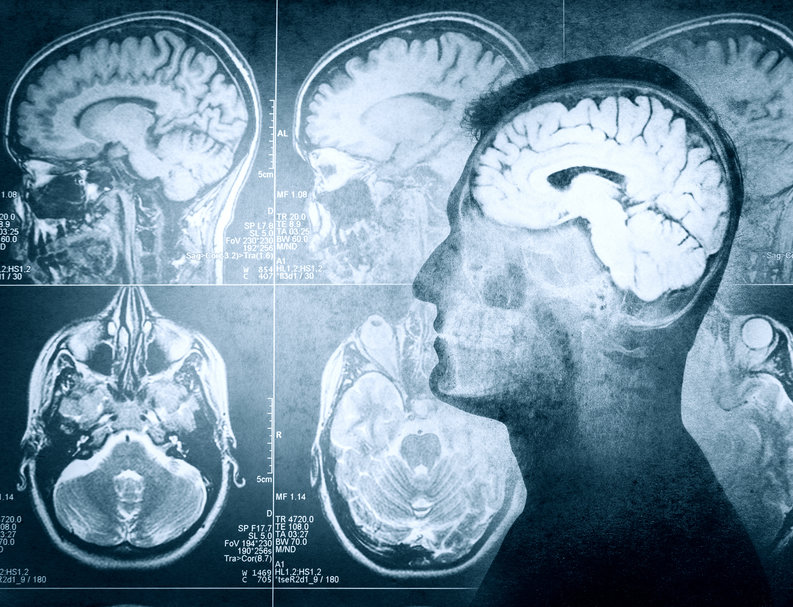Ask anyone for their interpretation of what a poker player looks like, and you’re guaranteed a mixed bag of responses. For some, poker players are maths pros: people who make lightning-quick calculations and harness huge brain power. For others, a poker player is someone with excellent reading abilities: analysing their opponent’s every move like a seasoned psychologist.
In fact, while there may be some truth in each of these descriptions, you’re more likely to find good players with varied skill sets. We take a look at what these skills are, below, and ask whether you need to be a ‘genius’ to become one of the best.
Maths

While it’s not essential to have Einstein-like maths capabilities at the poker table, it’s fair to say that it would probably help. Fundamentally, poker is a game of risk and reward, meaning that probability and percentages can be used to make calculated decisions.
You may have come across phrases such as pot odds, implied odds, fold equity, pot equity and hand ranges. These are all calculations made to determine when a hand should or should not be played, based on factors like its profitability in the long-run (+EV) and the risk-to-reward ratio. It sounds complicated, but just about anyone can pick up a poker maths book and start to implement nifty little tricks into their game. There are also plenty of Poker Odds Calculators out there to help check the percentages.
When it comes down to it though, as long as you know how to add, minus and divide, you’re already on your way to becoming a cut above the rest.
Memory capacity
Like utilising mathematics in your poker game, having a good memory isn’t a necessity. However, it can definitely improve your chances of making informed decisions.
Your memory bank is a precious weapon at the poker table. It allows you to make a mental note of how players act during certain hands – like how that sweet old lady never raises pre-flop with a monster, or how that annoying guy in the sunglasses always flat calls the flop with a flush draw.
Of course, if you’re a chess grandmaster or can recite Pi to a thousand places, it’s possible that your skills can be transferred to the felt. However, you don’t need to have an eidetic memory to be effective at the poker table (although it did work for Stu Ungar!). Train yourself to take in your surroundings and concentrate, even when you’re not in a hand. The key to your call could be based on prior events.
Discipline

Now, here’s a skill that might not be as attractive as ‘mathematics-extraordinaire’, but is perhaps the most impressive poker art of all. Maintaining discipline and concentration is a problem for many players, especially when tournaments go on for hours at a time and boredom starts setting in. Staying focused and patient at the table gives players an instant advantage over their opponents.
Players who are easily distracted often end up missing crucial pieces of information, or making silly mistakes. To avoid falling into this trap, keep your brain active. Keep mental notes of your opponents’ starting cards or try and focus on one particular player. This will help you keep a solid state of mind which, in turn, should help you stop losing unnecessary chips. If that seems like too much effort, there’s also coffee!
Psychology

As irrational and adrenaline-fuelled beings, there’s something to be said for the effectiveness of psychology in poker. Whether it’s honing in on your opponents’ tells or using techniques like ‘speech play’ to gain an edge (as Will Kassouf does so contentiously), understanding human thought processes can be extremely powerful.
Now, we aren’t saying that you need the psychological prowess of Sigmund Freud to tap into your opponent’s psyche. Just being aware of how others perceive you at the table (do you look like a weak or strong player?), as well as your opponent’s possible train-of-thought, can improve your game significantly. For instance, has your opponent just lost a big pot and then proceeded to raise aggressively on the next hand? This could imply that they are on tilt (unstable and annoyed) and are making irrational decisions.
Our bodies naturally give away signs of weakness and strength (from a pulse in the neck to an eye twitching), so it’s up to you to make mental notes of your surroundings. You certainly don’t have to be a genius to implement psychological techniques in your game, and there are plenty of books out there to help you get started; Caro’s Book of Tells is a great place to start.
What do you think makes a ‘genius’ poker player? Are there skills which you believe only the best players have? We’d love to hear your thoughts.


Leave a Reply
You must be logged in to post a comment.